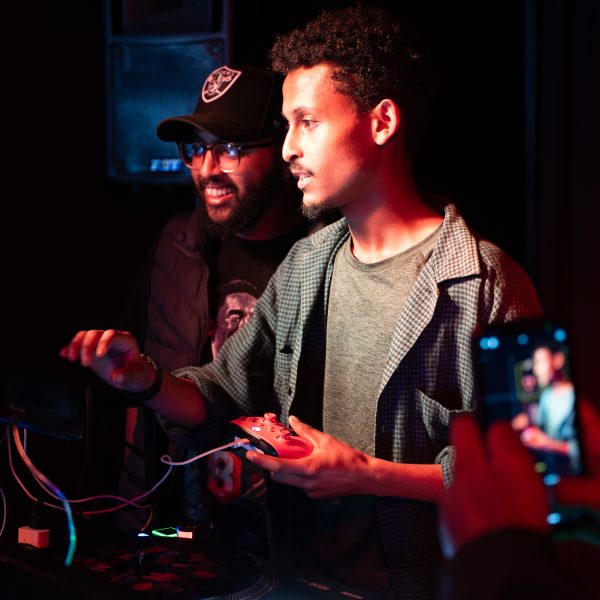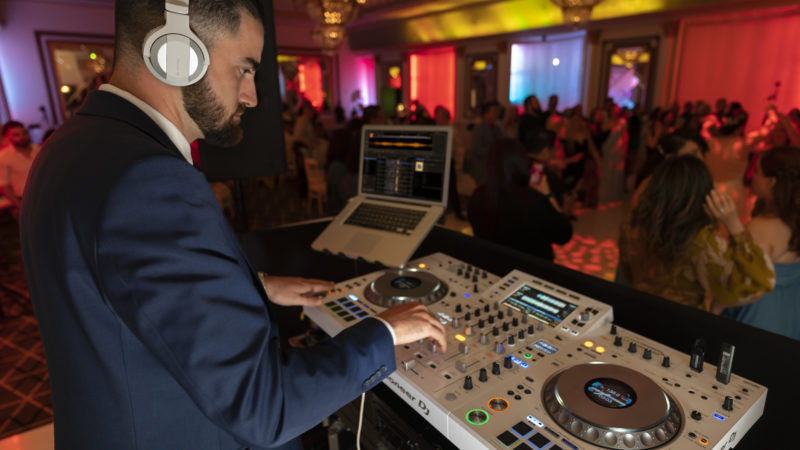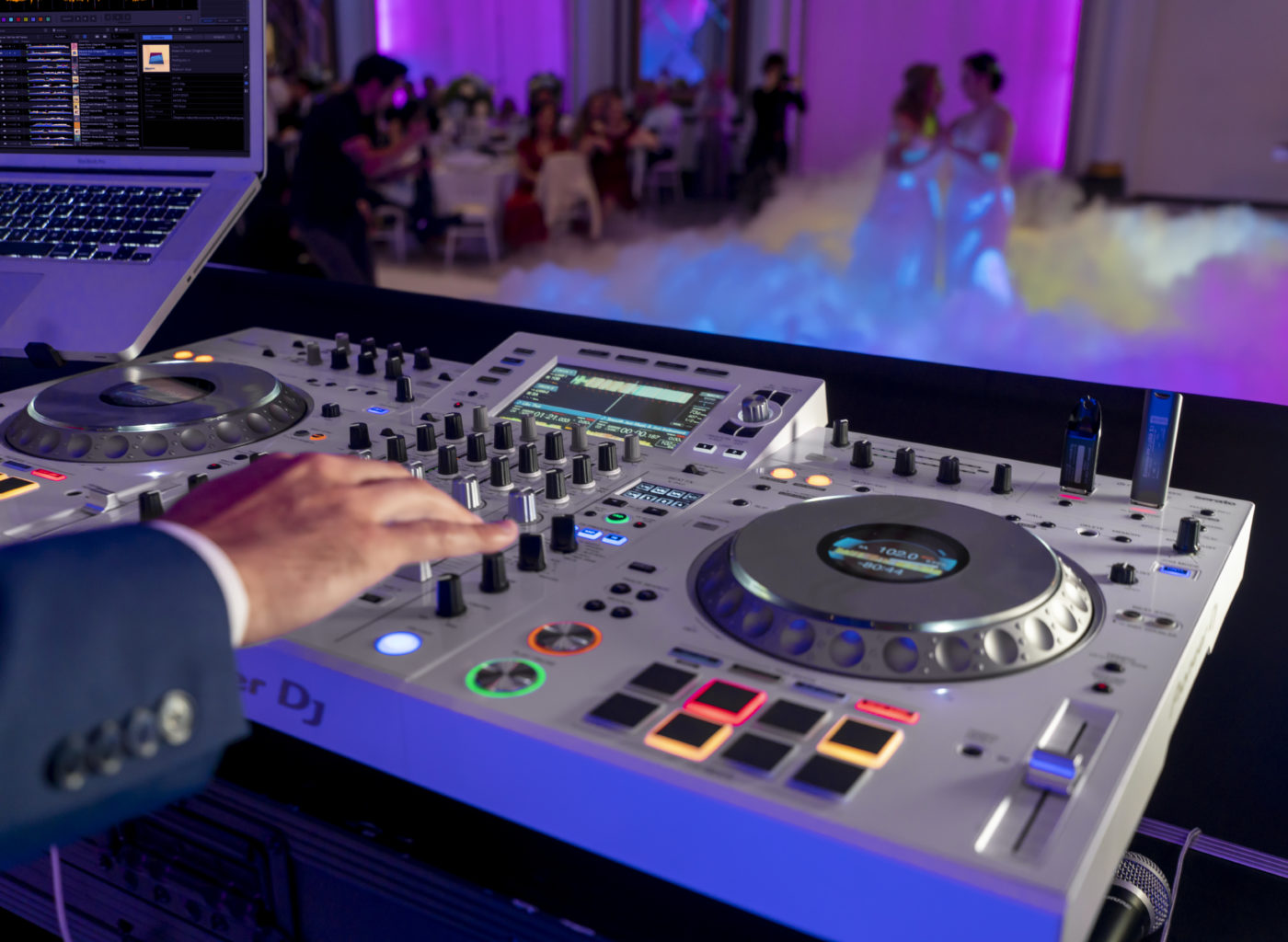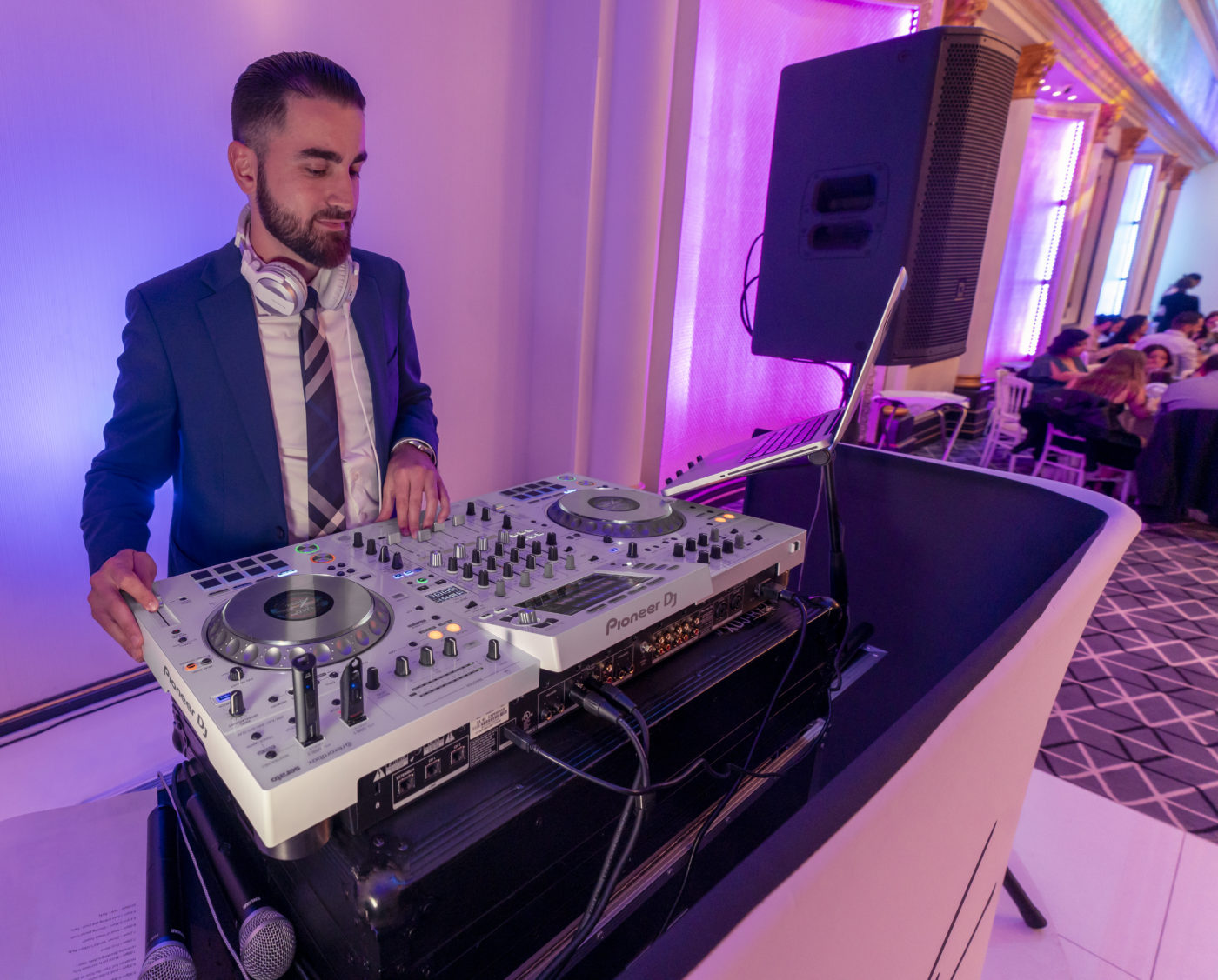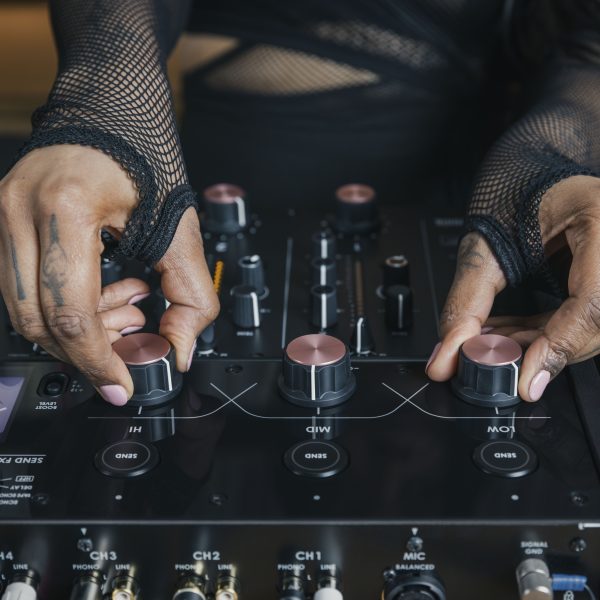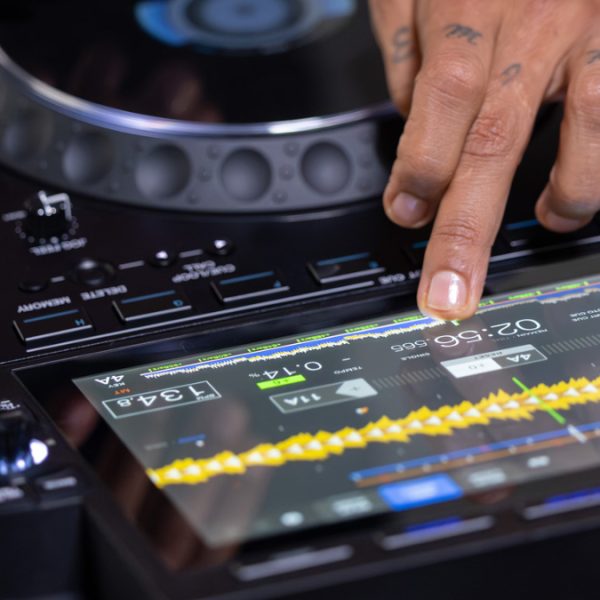Play diverse, play multigenerational
There is no event more multigenerational than a wedding, where ages on the dance floor can range from single to triple digits. Every age group has their own frame of reference, and while their tastes overlap, each one needs special attention sooner or later. Make sure your musical selections shout out every age group over the course of the night, while giving special preference to your most reliable dancers.
Don’t linger too long on any one style or era. Feel around a bit, dipping your toes into as many styles and eras as you can. Ditch the ones that don’t work, and stick with the ones that do. Basic DJ skills apply. Think on your feet, keep an eye on the crowd, and adapt as you go.
Know the setup and the setting
In any DJ gig—club, festival, radio show, house party—there is the question of what the setup and the setting will be like, a fact that remains stubbornly elusive until you’re actually onsite. At a wedding, though, the technical variables go way beyond how big the room is or whether the turntables are properly calibrated. Outside the rarified world of club music culture, it’s by no means a given that a wedding DJ will be provided with monitors, a mixer, or any DJ-specific technology whatsoever—after all, many non-DJs get by just fine with bluetooth and aux cables. These are all things you need to verify specifically.
Figure out what your personal standard is. Do you need decks and a mixer for the gig to be worthwhile? Or are you happy streaming music all night? Whatever setup you’re going for, make sure it’s possible at the event. Speak to the couple, the wedding planner if they have one, or whoever is taking care of the technical side of the event. Tell them what you want, and see what’s possible.
This is also a good opportunity to get a feel for the environment in general. DJ technology aside, it makes a big difference if you’re playing a well-lit banquet hall or a dark room with lasers, strobe lights and smoke machines (and, in the case of the latter, find out who’s manning those bad boys). Maybe the idea is for the reception to be as raucous as a club night. Or maybe it’s a lavish dinner with musical accompaniment. Naturally, this affects what music you bring, how loud you play, and so on. The more you know ahead of the time, the better.
Know the brief
Weddings are a ritual with a script, one everyone tweaks in their own way. As the wedding DJ, your job is to learn that script and follow it to a tee.
One essential thing to know from the start: are you the DJ for the party, or are you running the music for the event overall? Are you the person who hits play on whatever song the couple are walking down the aisle to? Will there be ceremonial dances (newlyweds’ first dance, father/daughter, mother/son, etc.)? There will be a dinner, and usually a reception after the ceremony with drinks and hors d’oeuvres. Are you choosing tunes for these bits as well?
These things need to be sorted out weeks or months in advance. In all cases, you want to meet the couple’s preferences as closely as possible. In the end, it’s them, not their guests, that you’re playing for, and not just because they hired you. This whole ritual is celebrating them personally. The goal is to make them happy.
Now, about the party. Ask the couple well ahead of time what kind of music they have in mind. Maybe they’re happy for you to just let it rip. Or maybe there are particular genres or eras they want to focus on—or steer clear of. Whatever they want, give it to them. As you build your playlists, send them selections and see what they think.
It’s possible, if somewhat unlikely, that the couple’s choices please no one but themselves, leaving you to play for a vibeless dance floor, taking requests you can’t fulfill without breaking your agreement with the newlyweds. How you handle that is up to you. But if you do try to steer a middle path, always aim to please the couple more than their guests.
